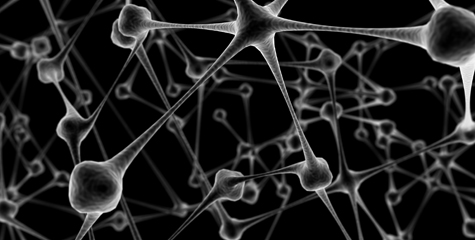Automatic learning through neuro-data transfer
ver. 12: Rafael Popper @ 99.36%
ver. 11: Rafael Popper @ 99.36%
ver. 10: Rafael Popper @ 99.36%
ver. 9: Joe Ravetz @ 99.36%
ver. 8: Rafael Popper @ 99.36%
ver. 7: Joe Ravetz @ 89.36%
ver. 6: Rafael Popper @ 82.28%
ver. 5: Rafael Popper @ 82.28%
ver. 4: Rafael Popper @ 82.28%
ver. 3: Rafael Popper @ 82.28%
ver. 2: Rafael Popper @ 67.28%
ver. 1: Joe Ravetz @ 48.68%

Issue (WIWE) status: Submitted, Unpublished
Wild Card's progress: Fully-fledged
This Wild Card came from:
European Commission Framework Programme for RTD
The theme/scheme related to this Wild Card:
Theme 8 - Socio-economic Sciences and the Humanities
The sub-theme that best relates to this Wild Card:
Changing role of knowledge throughout the economy
Likelihood timeframe and scenario features :
now-2025
Wild Card's description:
Automatic neuro-education is technologically possible but at a price - and therefore available only to wealthy people (or those singled out by powerful institutions for such enhancement). Techniques are developed for neurological implants with cognitive targeting for subliminal learning. This can then access special online learning and edutainment systems so that participants can learn during work, leisure, or travel. Wealthier schools and colleges build virtual environment 'learneries' where 'in-house' pupils and students can be kept in suspended animation, wired up to intensive edu-tainment systems. There are benefits for educational attainment levels, but at the cost of social mobility and segregation in EU society. There are also growing concerns about the use of such facilities for “brainwashing” and correcting unwanted behaviours, and about possible negative impacts on creativity and divergent thinking.
 (1 Rates)
(1 Rates)iKNOW has been featured in the media and several research projects:
DIE ZEIT (Germany), Financial Times (Germany), El Heraldo (Colombia), Prospective Foresight Network (France), Nationalencyklopedin (Sweden), EFP - European Foresight Platform (EC), EULAKS - European Union & Latin America Knowledge Society (EC), CfWI - Centre for Workforce Intellience (UK), INFU - Innovation Futures (EC), Towards A Future Internet (EC), dstl - Defence S&T Laboratory (UK), EFSA - European Food Safety Agency (EU), Malaysia Foresight Programme (Malaysia), Bulletins Electroniques more...